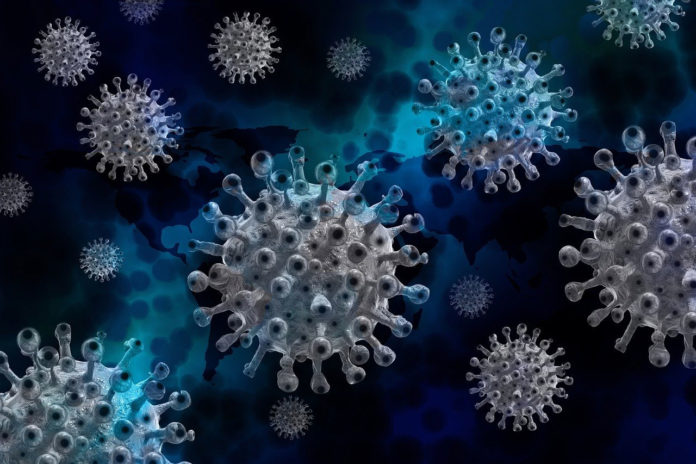Memory T cells induced by previous pathogens can shape the susceptibility to, and clinical severity of, subsequent infections. Little is known about the presence of pre-existing memory T cells in humans with the potential to recognize SARS-CoV-2.
A study by the Duke-NUS Medical School in collaboration with the National University of Singapore (NUS) Yong Loo Lin School of Medicine, Singapore General Hospital (SGH), and National Centre for Infectious Diseases (NCID) suggests that infection and exposure to coronaviruses induce long-lasting memory T cells. This study is expected to help scientists in managing the current pandemic and in vaccine development against COVID-19.
The study involved participants who recovered from COVID-19. Scientists tested them and found the presence of SARS-CoV-2-specific T cells in all of them. It means T cells play a vital role in this infection.
Most significantly, scientists have shown that who recovered from SARS 17 years ago after the 2003 outbreak, still possess virus-specific memory T cells and displayed cross-immunity to SARS-CoV-2.
Professor Antonio Bertoletti, from Duke-NUS’ Emerging Infectious Diseases (EID) program, who is the corresponding author of this study said, “Our team also tested uninfected healthy individuals and found SARS-CoV-2-specific T cells in more than 50 percent of them. This could be due to cross-reactive immunity obtained from exposure to other coronaviruses, such as those causing the common cold, or presently unknown animal coronaviruses. It is important to understand if this could explain why some individuals can better control the infection.”
Associate Professor Tan Yee Joo from the Department of Microbiology and Immunology at NUS Yong Loo Lin School of Medicine and Joint Senior Principal Investigator, Institute of Molecular and Cell Biology, A*STAR added, “We have also initiated follow-up studies on the COVID-19 recovered patients, to determine if their immunity as shown in their T cells persists over an extended time. This is very important for vaccine development and to answer the question about reinfection.”
Associate Professor Jenny Low, Senior Consultant, Department of Infectious Diseases, SGH, and Duke-NUS’ EID program said, “While there have been many studies about SARS-CoV-2, there is still a lot we don’t understand about the virus yet. What we do know is that T cells play an important role in the immune response against viral infections and should be assessed for their role in combating SARS-CoV-2, which has affected many people worldwide. Hopefully, our discovery will bring us a step closer to creating an effective vaccine.”
The team will be conducting a more extensive study of exposed, uninfected subjects to examine whether T cells can protect against COVID-19 infection or alter the course of infection. They will also be exploring the potential therapeutic use of SARS-CoV-2-specific T cells.
Journal Reference:
- Le Bert, N., Tan, A.T., Kunasegaran, K. et al. SARS-CoV-2-specific T cell immunity in cases of COVID-19 and SARS, and uninfected controls. Nature, (2020). DOI: 10.1038/s41586-020-2550-z
